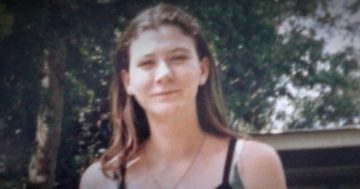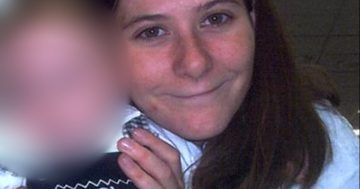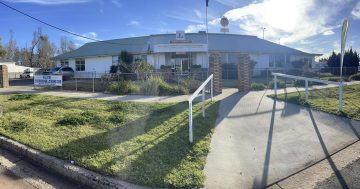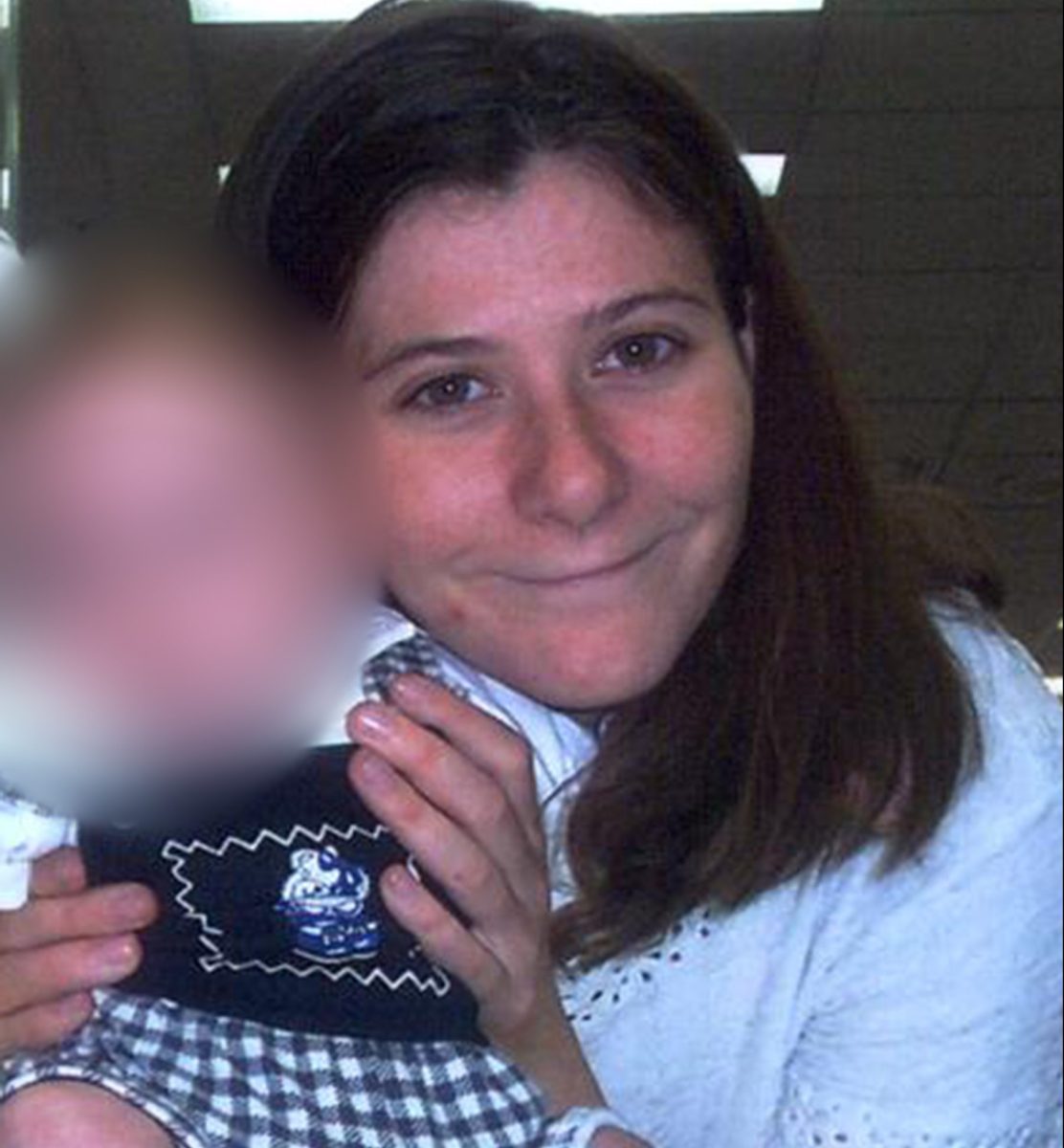
Amber Haigh was just 19 when she went missing in June 2002. Photo: File.
CONTENT WARNING: This article contains distressing content.
Everything done by a married couple accused of the cold case murder of a teenage mother was viewed under a “haze of mistrust and suspicion”, a defence lawyer claimed.
Robert Samuel Geeves and Anne Margaret Geeves, both 64, pleaded not guilty to murder in a NSW Supreme Court judge-alone trial that has run for over two months this year.
Amber Haigh was only 19 and had a five-month-old baby, fathered by Mr Geeves, when she went missing in June 2002 after living in the area around Young in NSW.
Prosecutor Paul Kerr alleged the Geeveses had the motive, means and opportunity to murder her in his closing arguments earlier this week before the defence lawyers presented their submissions on Wednesday (14 August).
Michael King, the barrister for Ms Geeves, said Mr Geeves “brought more trouble on himself” in 1993 when a woman he was involved with died by gunshot. Everyone who met him presumed him to be guilty, he said.
Then, in 2001, when Mr Geeves started having sex with Ms Haigh, a teenager with epilepsy and an intellectual disability, it was “no doubt a very poor decision” that added to the general sense of “community distaste”, Mr King said.
He said everything the Geeveses had done had been viewed through this “haze of mistrust and suspicion” and said a “presumption of guilt follows Robert Geeves around”.
Prosecutors said Ms Haigh was last seen by several of Young’s residents on 2 June 2002.
The Geeveses claimed they drove her to Campbelltown Train Station on 5 June so she could go to visit her ill father in hospital, after which she disappeared. They reported her missing on 19 June.
Mr King said while prosecutors claimed Ms Haigh was dead after 2 June, there was evidence she was alive after that date, as she was apparently seen at the Young Woolworths on 3 June.
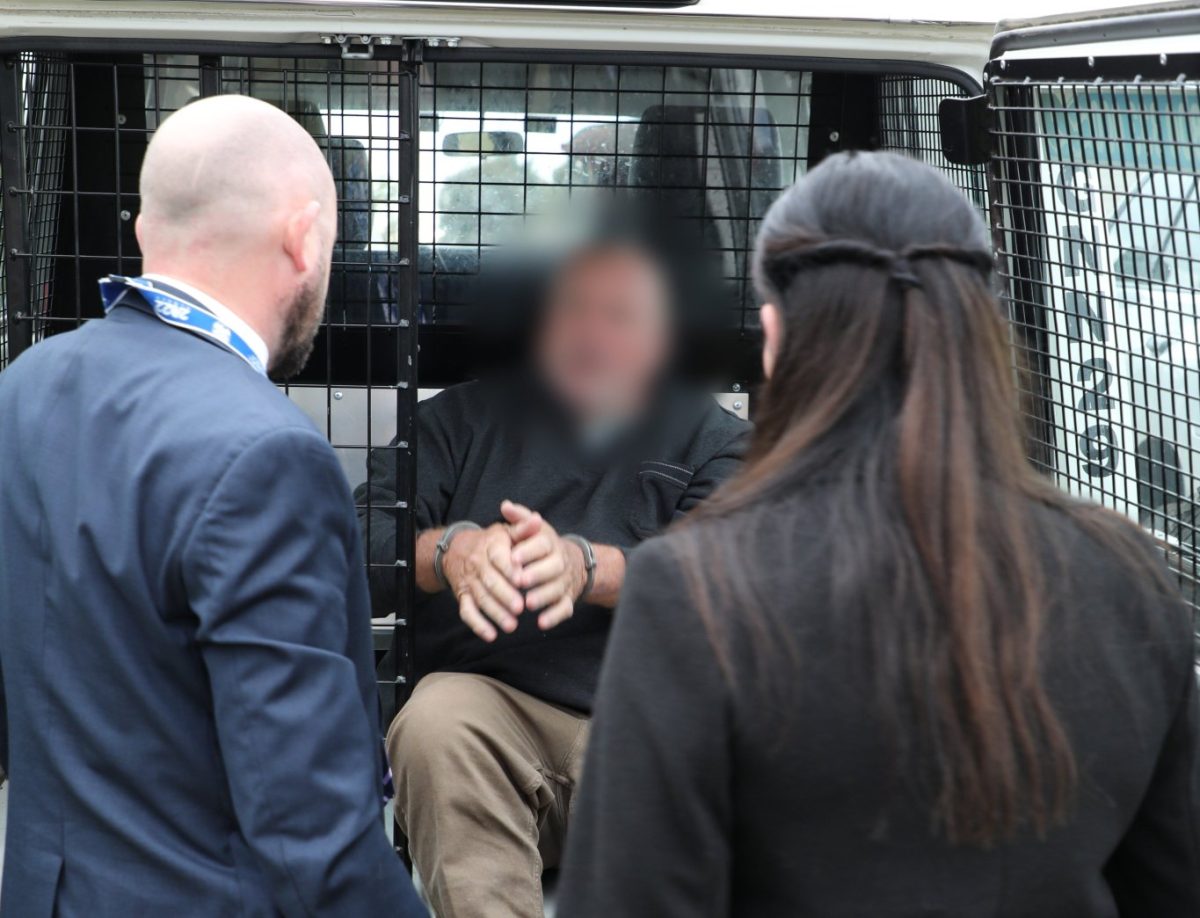
Robert Samuel Geeves was arrested in Harden to be charged with Amber Haigh’s alleged murder. Photo: NSW Police.
He said there was “ample evidence” to say the Geeveses made the drive to Campbelltown on 5 June, but police suspected the pair from 20 June, the day after they reported her missing.
“The Geeveses came under an enormous amount of scrutiny from that point onwards,” he said.
Mr King said when police went to the Geeveses’ farm ‘Huntleigh’ in Kingsvale on 8 August 2002, which is where Ms Haigh had been living before she disappeared, “they have taken it apart”.
Two days later, Ms Geeves was “angry” and “blaming Amber” when listening devices at her home recorded her saying, “I don’t care anymore, if she comes back she can pack her stuff and go”.
The barrister said this comment showed his client didn’t know where Ms Haigh was, but knew she was out there somewhere.
Mr King said it then took 20 years for a witness to go to a police officer “to tell her a story”. During the trial, the witness claimed he had seen the Geeveses with Ms Haigh and her baby, then later with just her baby, on a day in May or June 2002.
The barrister said while the Crown’s case came together based on this witness, it was “a story that [the witness] didn’t even believe in”.
He said after this witness first approached police, they invited him to go away to think about his “timings” and when he came back, he had a version with better credibility. Police “should have known better” when it came to their dealings with this witness, the barrister said.
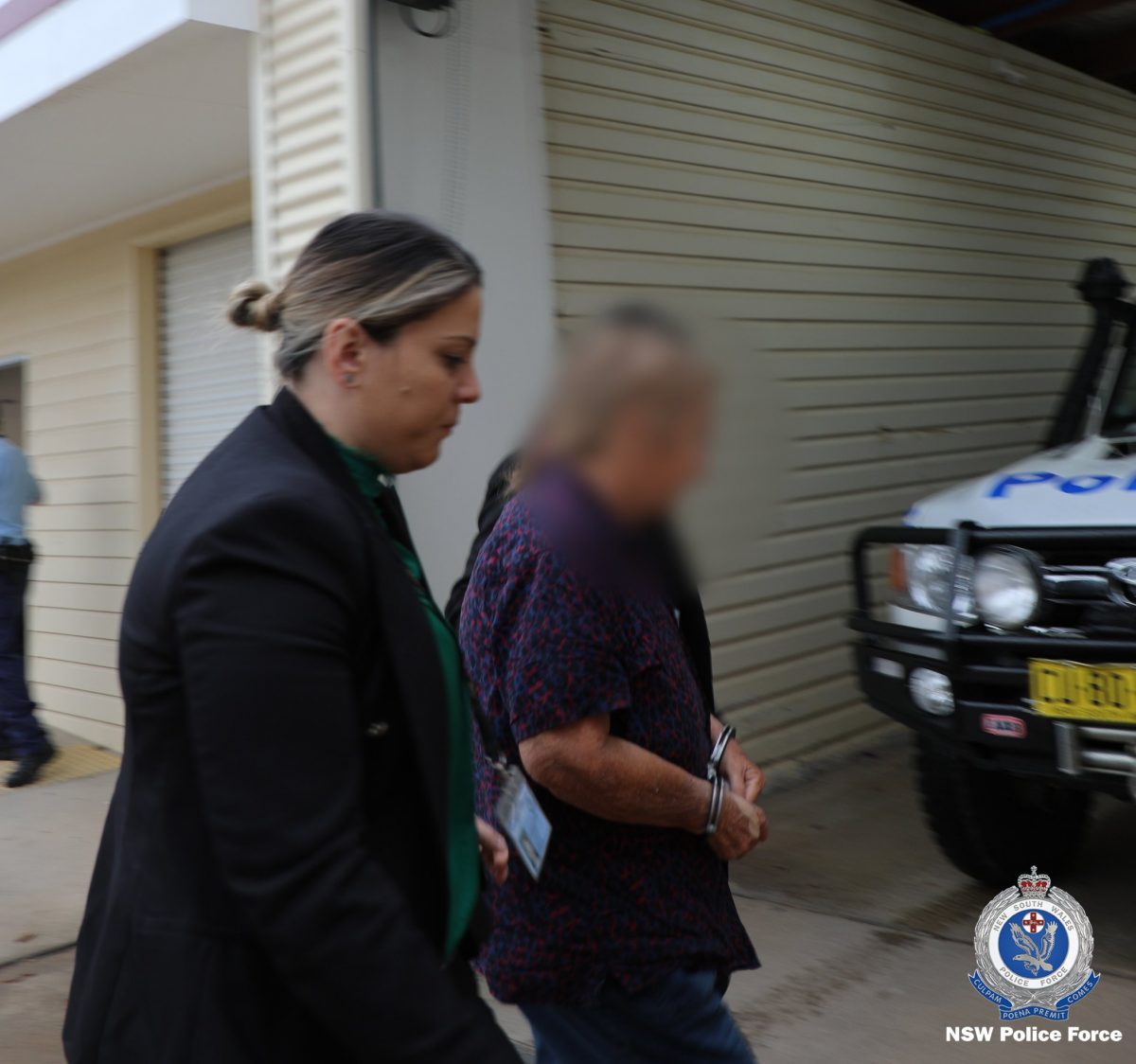
Anne Margaret Geeves was arrested in Harden and then charged with murder. Photo: NSW Police.
Mr King also said Ms Geeves “couldn’t have been more supportive of Amber” and the latter had been “struggling” with being a mother.
For instance, he said Ms Geeves told a witness that they moved the baby’s bassinet into their bedroom because Ms Haigh liked her sleep.
The barrister said prosecutors could not allege when, how or where the couple were said to have murdered Ms Haigh.
“The Crown has attempted to put together a case that, quite frankly, no one understands,” he said.
“No one has ever known what the case against the Geeveses is.
“It is a shame it took 20 years for this to be brought to a head.”
Justice Julia Lonergan has reserved her decision and will hand it down at a date to be announced.
Original Article published by Albert McKnight on Riotact.







